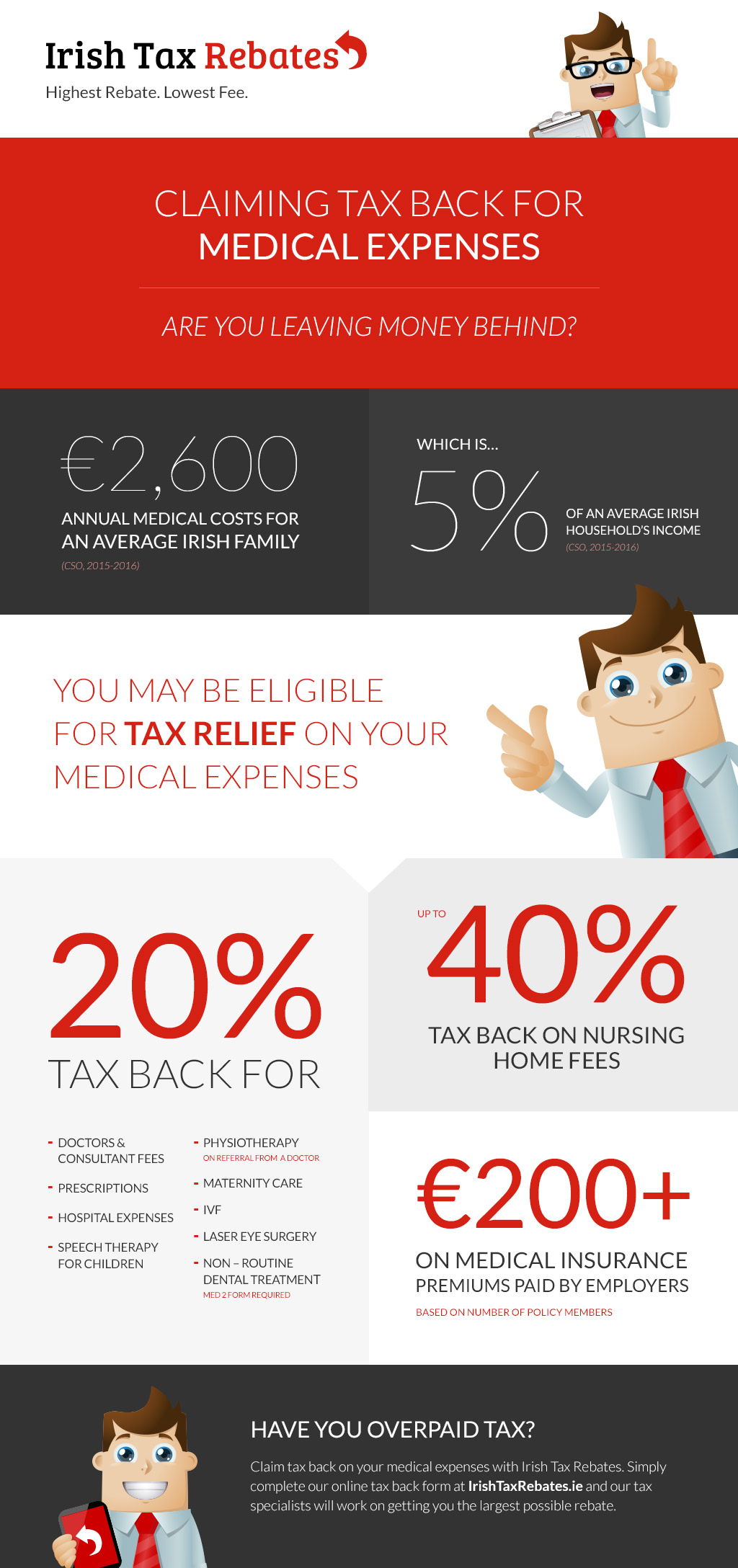The Total Frequently Asked Question On Refractive Lens Exchange: All The Info You Need
The Total Frequently Asked Question On Refractive Lens Exchange: All The Info You Need
Blog Article
Posted By-Hunter Blackwell
If you're taking into consideration refractive lens exchange, you possibly have a great deal of inquiries. This procedure could change how you see the globe, supplying advantages like minimized dependence on glasses. Nevertheless, it's essential to recognize the procedure, risks, and who certifies as a great candidate. Let's check out these important elements so you can make an educated decision regarding whether RLE is right for you.
What Is Refractive Lens Exchange and Exactly How Does It Work?
Refractive lens exchange (RLE) is a surgery made to replace your eye's natural lens with a synthetic one, dealing with vision problems like nearsightedness, farsightedness, or presbyopia.
Throughout the procedure, your surgeon makes a small cut in the eye, eliminates your all-natural lens, and inserts an intraocular lens (IOL) tailored to your vision requires. This outpatient surgical procedure commonly takes around 15 to 30 minutes per eye and is done under neighborhood anesthesia.
https://www.bloomberg.com/news/articles/2020-10-12/lasik-surgery-during-covid-19-for-tired-eyes-what-to-know 'll likely observe enhancements in your vision practically immediately, though full healing may take a few weeks. RLE is specifically advantageous for those over 40 or with high prescriptions, providing a durable remedy compared to glasses or call lenses.
Your eye care professional can aid figure out if RLE is right for you.
What Are the Benefits and Risks of Refractive Lens Exchange?
Picking refractive lens exchange can cause considerable renovations in your vision, yet it is necessary to evaluate both the benefits and risks prior to deciding.
On the bonus side, this procedure can enhance your sight by dealing with problems like presbyopia, nearsightedness, and hyperopia. Many clients delight in lowered dependence on glasses or call lenses, which can considerably improve their quality of life.
Nonetheless, it's critical to consider prospective dangers. Problems can consist of infection, glow, or halos around lights.
There's additionally an opportunity of overcorrection or undercorrection, which may require additional procedures.
That Is an Ideal Candidate for Refractive Lens Exchange?
If you're taking into consideration refractive lens exchange, it's important to understand whether you fit the profile of an optimal prospect. Typically, you might be a good candidate if you more than 40, experience presbyopia, or have high degrees of nearsightedness or farsightedness.
https://telegra.ph/Inform-Yourself-On-Vision-Modification-Surgical-Procedure-And-Discover-The-Unforeseen-Facts-That-May-Alter-Your-Sight-On-Living--04-03 's likewise essential that your vision is secure, meaning your prescription hasn't changed significantly in the past year. If you have cataracts or other eye conditions, you might take advantage of this procedure too.
However, particular variables, like uncontrolled diabetes or autoimmune conditions, might invalidate you. To determine your candidacy, consult with an eye care expert that can review your certain scenario and suggest the best course of action customized to your needs.
Final thought
In conclusion, refractive lens exchange can be a transformative alternative for boosting your vision, especially if you're over 40 or have a high prescription. While the advantages are substantial, it's vital to evaluate the risks and speak with your eye treatment expert to identify if you're an excellent prospect. With the best info and guidance, you can make an informed decision and possibly enjoy a life with minimized dependancy on glasses.
